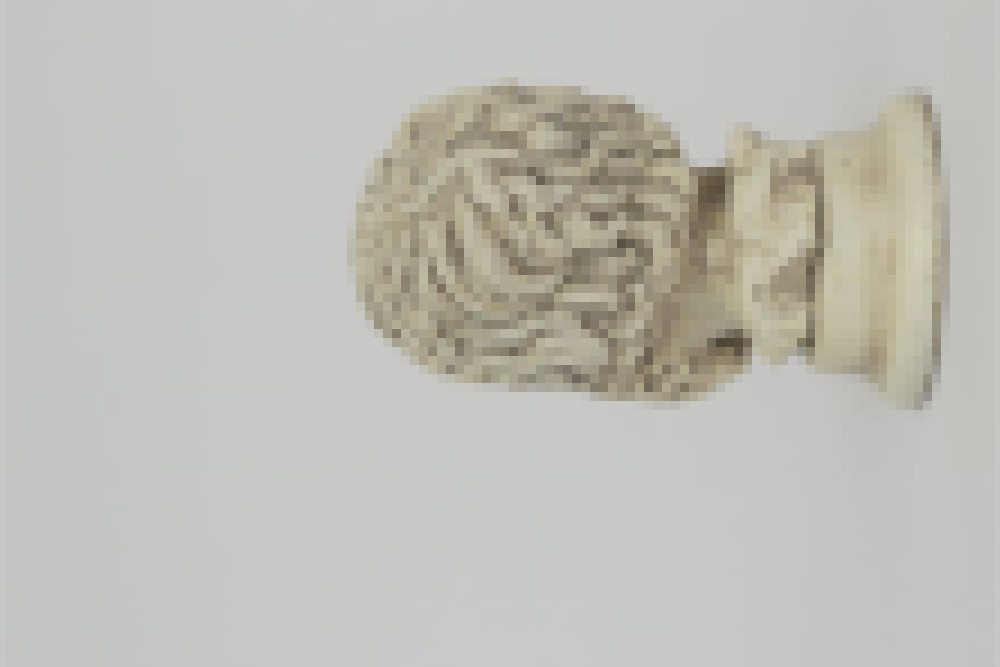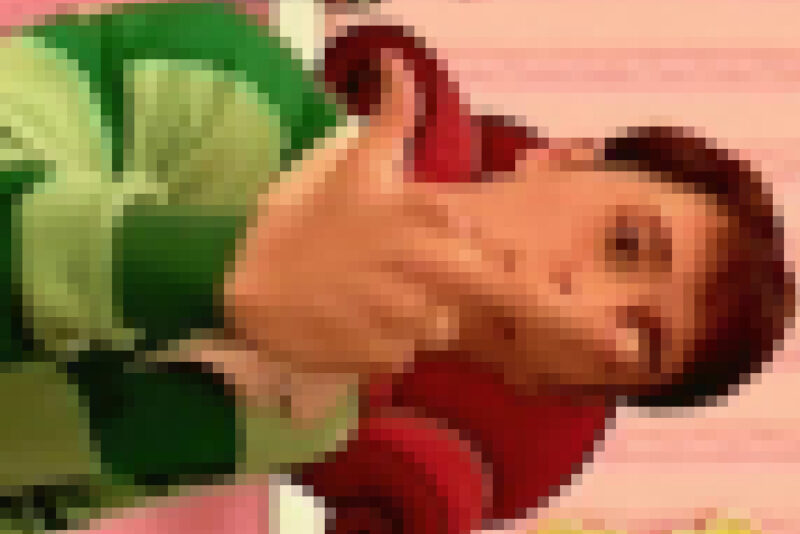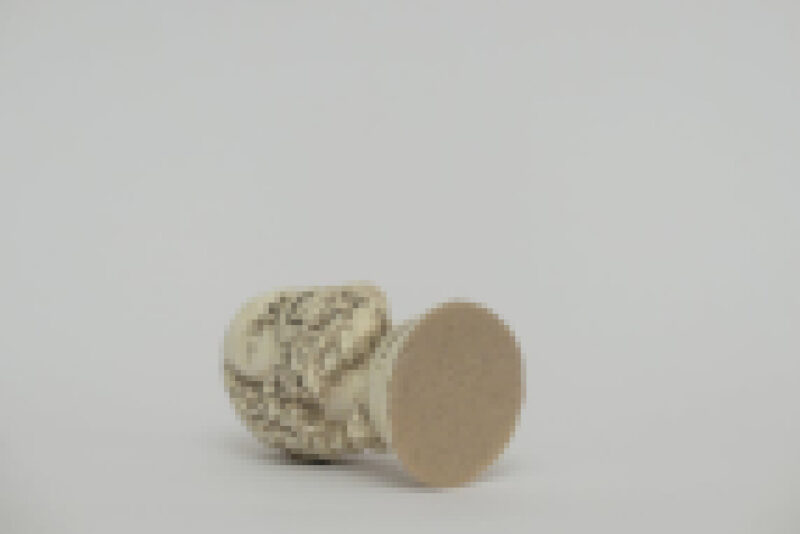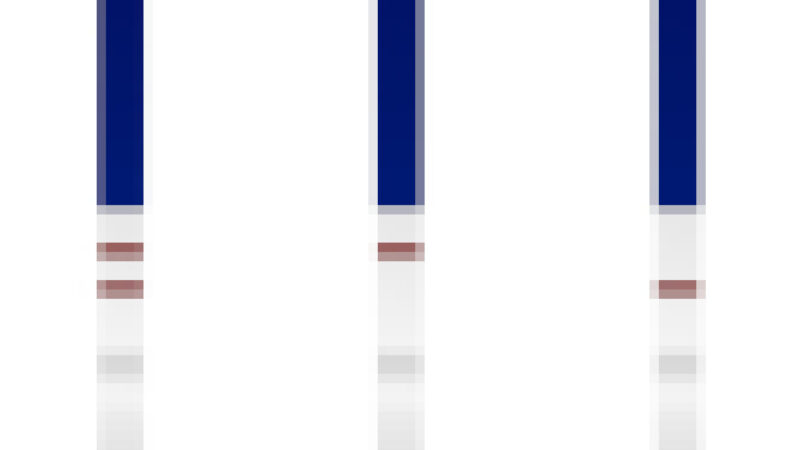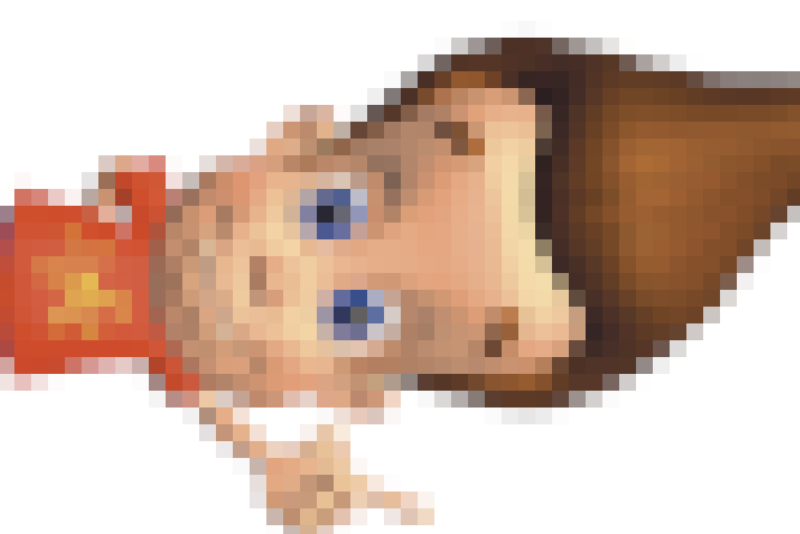March 15, 2021
Knowing how to ask the right question is more vital than knowing the right answer.
When we ask the wrong question, the answer is a moot point. In fact, answers to the wrong questions tend to do more harm than good. These answers typically give us the impression it is good enough to take a step even if it is a step in the wrong direction. Sentiments like these are a result of imprecise analogues we use to conceptualize how human beings know.
Knowledge and wisdom are not primarily concerned with the unmitigated accumulation of facts and figures. Knowledge and wisdom are dimensions of a connoisseurship developed by learning, for one, how to discern important data from unimportant data.
Not all data is equal. Not all answers are equal.
A blind man attempts to gather all points of data with his cane and promptly falls down. He walks not because he processes every available data point. He walks because he knows how to distinguish between important and unimportant data.
Here, the cybernetic model for human psychology and understanding fractures. It is a vulgar presumption that artificial intelligence and human consciousness coexist in commensurable, or the same, paradigms of knowing. I fear no future in which artificial intelligence or quantum computing become so advanced that “it” is “smarter” than us. I fear a future where we accept this as true not necessarily because artificial intelligence finally outwitted us, but because we lost touch as a species with what it meant to be and know as human. Instead, we are re-learning how to know and be from the ontological artifice of our own “thinking” fabrications.
Like the blind man’s cane, the right question takes us in the right direction. The right questions, therefore, are less a matter of what we desire to know, and more a matter of where a question can lead. The right question is not ‘What is to be done?’, ‘What do we know?’, or ‘What is still unknown?’. The right question is, simply put, ’Where are we going?’ Only once we come to terms with the propulsive nature of the question which moves us from where we are to where we can be (or where we want to be), can we begin to ask the right questions.
This leads us to a central paradox of the question: how do we know what direction to head if we do not know where we are going? In his dialogue with Meno, Socrates proposes this essential imbalance in the process of learning as the paradox at the heart of every search for wisdom. Let’s reformulate Socrates’ paradox in terms of a question and answer: if you know the answer to your question, the question is unnecessary. If you don’t know the answer, the question is an impossibility. Either way, the question is unnecessary, and the right question is impossible. He poses this as the devil’s advocate he is, because for certain, Socrates never cut his search short on the grounds it was unnecessary or impossible.
In the Apology, Socrates is put on trial for being a corrupter of the youth, an enemy of the state, and a blasphemer against the gods. Here we also find one of Socrates’ best responses to the paradox he poses to Meno. Socrates explains how he set out on a search for someone wiser than he in order to prove the Oracle of Delphi wrong who told him he was the wisest man alive. He goes on to account for all the wise men who thoroughly dissatisfied him with all their so-called wisdom. In a grand irony, Socrates becomes wise by attempting to prove that he is not. Even though he doesn’t know what he searches for, he at least knows that he still has not found it. The right question haunts us with the same spirit. It knows when the answer hasn’t satisfied the question without knowing the answer which would.
The right question distinguishes between what is known and not known. It must assume, therefore, that there are still things yet unknown. It reaches always from the territory of the known into the territory beyond the horizon of the unknown. The question is the cane balanced and stretched out between what is blatantly obvious to us and the topography of the ground beyond itself where the unspeakable unknown perpetually lies in wait.
The right question presses back against the reaching hand when it skips across the unknown. If all is known and knowable within the totalizing framework of the blind, knowing subject, the cane is merely a charade. The cane, like the question, reaches out in an earnestness, only because it expects to make contact with some unknown that alters, contacts, rends, or shreds the very knowing fabric from which it is stretched. Without the possibility of the unknown, the question, like the cane, is impotent.
The right question rejects that to be unknown is to be unknowable, and in the asking, learns even when it does not stumble upon the answer.
The right question accepts that there will be another question, expects it to be equally difficult to answer (even with whatever is gained by the first), and so insists that it is better than the last.
The right question indicates the opening, and gestures us through it. It does not patronize us, it does not go through itself, it does not know what lies beyond its own existence. In invitation it exists in perpetuity, insisting.
Many of these premises share the same inverse: questions which presuppose definite, extant answers are the wrong questions. The right questions are the ones that open infinitely, the questions whose tasks are never complete. The raison d’etre of the right question is the haunting, not the absolution.
The point of the right question is rarely the answer—what then can be done with the right question?
